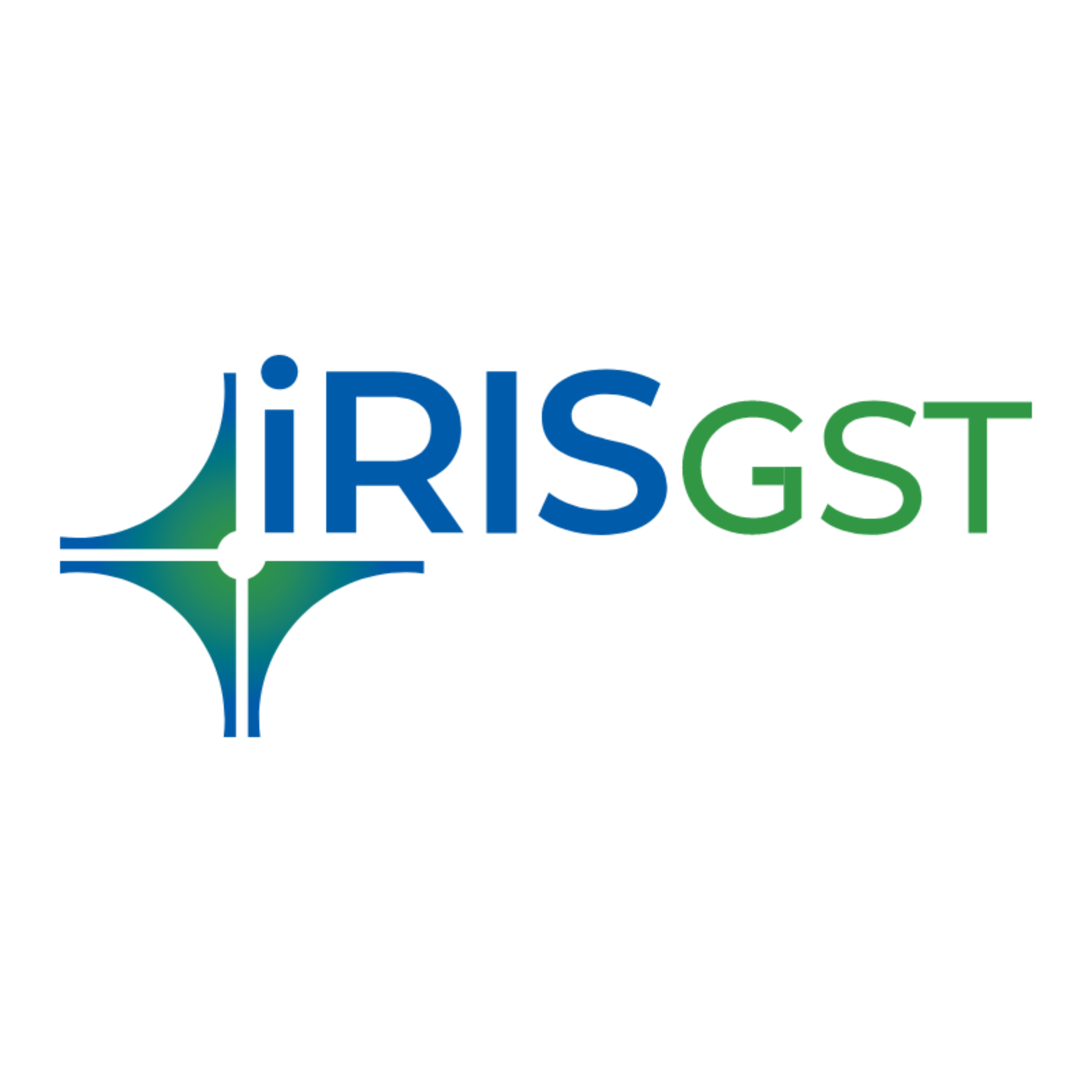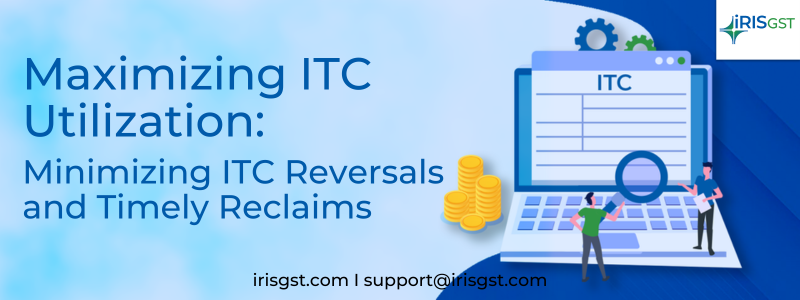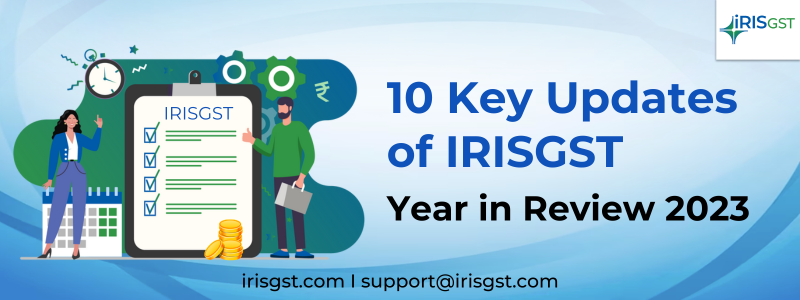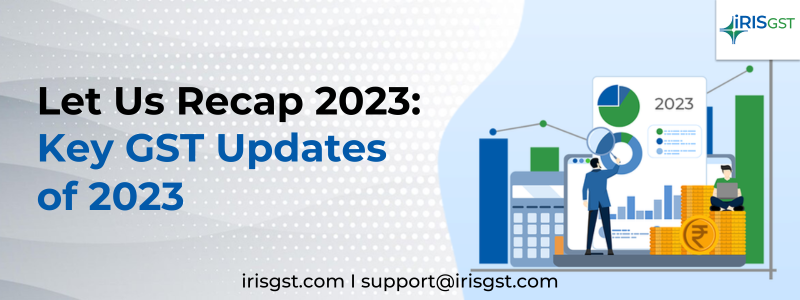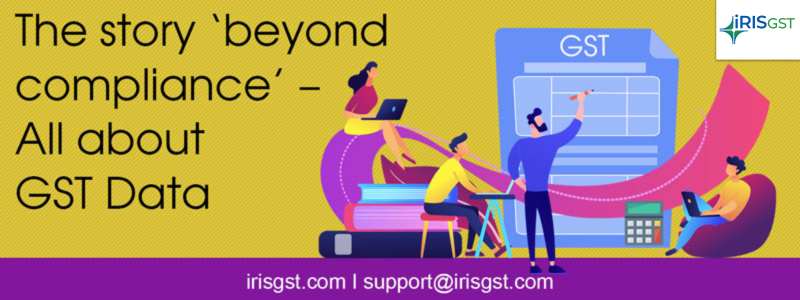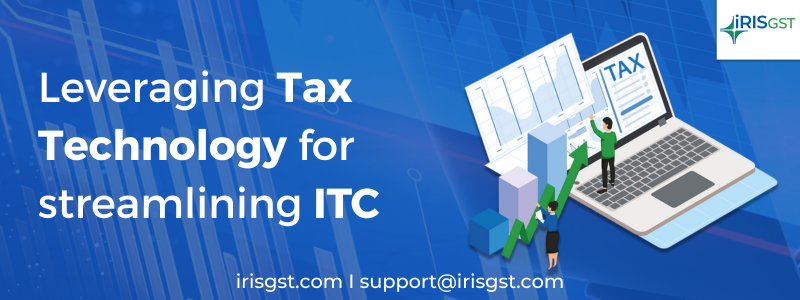This article reveals the complexities behind Input Tax Credit (ITC) reversals. Critical factors leading to reversals come to light, alongside robust strategies designed to minimize their impact. Insights into the latest GST system updates enhance ITC claim transparency, underscoring the importance of meticulous record-keeping and proactive vendor management as key pillars to solidify tax compliance processes.
Discover how IRIS Watch transforms portfolio management for equity investors, offering real-time insights from compliance data. Streamline monitoring, mitigate risks, and make smarter investment decisions today.
The evolution of IRIS GST products is attributed to factors like global advancements in e-invoicing and country-specific GST updates | IRISGST Updates 2023
The updates to GST rules reflect the refinement of the system and the adoption of fair practices by businesses | Key GST updates of 2023
If you are someone who is seeing rapid growth in your business and are wondering how it’s going to affect your GST Compliance, this article will help as a guide
All about GST Data | GST as a data source is getting deeper, wider and richer | The length and breadth of GST Data | Types of GST Data
Read more about the GST Data based lending and how it is the emerging case for MSMEs Credit Appraisal. How GST data based lending can be beneficial.
Utility of GST data for lending is proven, especially when it comes to lending to small businesses. The availability of data over APIs, relevance, and authenticity of data source i.e. the GST system itself, makes it the best fit for large scale digital lending programs. Read the article and learn about the important points to note while using GST data.
4 factors to consider while building credit models Using GST Data | GST Data based lending is gaining a lot of popularity | When we talk about digital-first, rather digital-only strategy, data is at the core
This article explores the pivotal role played by technology in simplifying ITC management, from automated data extraction and real-time reconciliation to seamless integration with accounting systems.
In this article, we will see 6 Tasks a GST Software can do to Simplify your Compliance beyond just Return Filing. Read on...
Clearing the fog about a major misconception surrounding the E-invoice generation, it is not mandatory for a taxpayer to generate E-invoice through the government’s tax portal.
